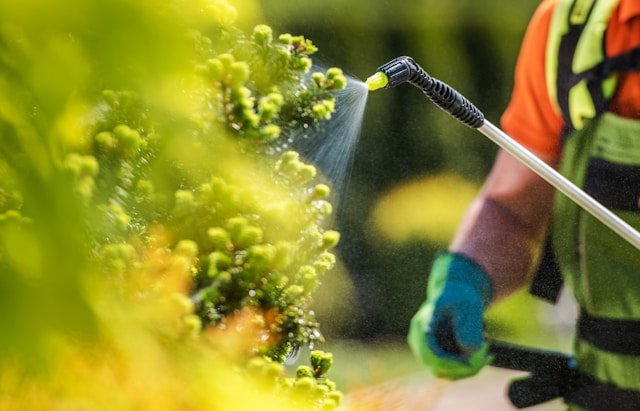More than half of local councils across the United Kingdom still use chemical pesticides in public spaces, despite growing moves to restrict them amid health and wildlife concerns.
Sandra Laville reports for The Guardian.
In short:
Research by Pesticide Action Network (PAN) found 55% of UK councils continue using pesticides such as glyphosate, a weedkiller linked to cancer and wildlife declines.Public polling shows 65% of people want pesticide-free public spaces, with strongest support for schools, parks, and playgrounds.London leads the shift toward pesticide-free policies, with 23 of 33 councils either ending use or moving in that direction; a national bill seeks a full ban.
Key quote:
“While there is still work to do, this survey shows that the pesticide-free movement is growing.”
— Nick Mole, policy manager at PAN UK
Why this matters:
Pesticides used on sidewalks, parks, and schoolyards don’t just target weeds; they seep into soil, drift into air, and wash into waterways. Glyphosate, the most common chemical in these sprays, has been linked to certain cancers and is suspected of harming pollinators like bees and butterflies that keep ecosystems functioning. Urban wildlife already faces pressures from habitat loss and pollution, and routine chemical use can intensify declines in birds and small mammals. Children and pets, closer to the ground and more likely to touch treated surfaces, can be especially vulnerable. As cities consider greener landscaping, how councils handle these chemicals may determine whether public green spaces remain safe for play — or carry unseen risks.
Related: Thousands of hidden chemicals are silently infiltrating UK rivers
